Interview with Monique Roy, Author of 'A Savage Kultur' @monwriter1 #interview
Today's guest is Monique Roy, author of the new historical fiction novel, Savage Kultur. Monique is here to talk about her book, writing and what surprised her about getting her book published.
Welcome to The Writer's
Life! Now that your book has been
published, we’d love to find out more about the process. Can we begin by having you take us at the beginning? When did you come up with the idea to write
your book?
After I saw the movie “The Monuments Men”, I was intrigued by the subject of looted art. Approximately 20 percent of the art in Europe was looted by the Nazis, and today, more than 100,000 items have not been returned to their rightful owners. So, this all made me wonder – where is all that art? After some research, I discovered a Vincent van Gogh painting, “The Lovers: The Poet’s Garden IV”, which was declared degenerate by the Nazis and confiscated in 1937. Its location is unknown. This painting is central to the story in my novel, A Savage Kultur.
Who is your publisher and how
did you find them or did you self-publish?
I am self-published. I believe self-publishing allows you to have more control over your work and the skies the limit.
Is there anything that
surprised you about getting your first book published?
I am a self-published author and I am proud of my accomplishments.
Do you believe a book
cover plays an important role in the selling process?
Yes, I do believe a book cover is a deciding factor in the sale of a book. The first sales pitch is the cover. It needs to be striking enough to draw attention or a potential buyer will find a better-looking, more engaging cover. The book cover also communicates a little about the story inside.
How hard was it to write a
book like this and do you have any tips that you could pass on which would make
the journey easier for other writers?
Writing any book is hard. It takes perseverance, patience, skill, and a lot of time. For historical novels especially, a lot of research goes into a story like this one. You need to have your facts right, for example, important dates and events in history. Setting aside some time to write with zero distractions is vital to getting words on the page and the book complete.
What other books are you
working on and when will they be published?
I am working on my next book idea. Right now, I am brainstorming and not writing yet.
What’s one fact about your
book that would surprise people?
It’s my third book and it took me more than three years to write.
Finally, what message are you
trying to get across with your book?
We must learn from the past and absorb the lessons of the past. Hopefully, those who read my book recognize the universal dilemmas of justice that societies faced after WWII and how society recovers.
Monique's passion for
writing began as a young girl while penning stories in a journal. Now she looks
forward to deepening her passion by creating many unique stories that do
nothing less than intrigue her readers.
Monique holds a degree in
journalism from Southern Methodist University in Dallas
and is the author of a middle-grade book Once Upon a Time in Venice,
historical fiction novel Across Great Divides, and historical fiction novel A
Savage Kultur.
Monique was born in Cape
Town, South Africa,
and her grandparents were European Jews who fled their home as Hitler rose to
power. It’s their story that inspired her to write Across Great Divides, her
first historical novel.
Historical fiction lets
you escape to another time and place; and Monique likes to explore the past so
that we can potentially better understand the future.
Monique resides in Dallas,
Texas, with her husband and son. She also
works as a freelance writer.
Website: www.monique-roy.com
Twitter: https://twitter.com/MonWriter1
In Oxford, England,
Ava, a Jewish art student at Oxford University,
receives a heart-wrenching letter from her grandfather after he dies. From the
letter, she learns that her grandfather has given her his London
art gallery, which he says will secure her future, as well as provide a place
for her to grow her artistic talents and follow her passion for art. The letter
also describes his one last wish—that she find a treasured Vincent van Gogh
painting, The
Lovers: The Poet's Garden IV, that
belonged to her grandparents and was deemed degenerate and looted by the
Nazis in 1937.
Arriving for the
first time at the gallery, she discovers old photographs in a secret room that
recount the harrowing past—a Nazi propaganda parade in 1937. She quickly
becomes aware that the room and the gallery, with an empty frame for the
missing van Gogh, hold such rich memories of her grandparents. As conversations
with her family members and those connected to the painting spur memories, the
book switches back and forth between the current timeline and the timeline
during the war to tell the stories of those affected by the painting and its
fate.
On the train to
her grandfather’s funeral, she meets Gordon Rose, an FBI agent, disguised as an
art restitution lawyer. He helps her track down the missing van Gogh, while at
the same time, he goes after an Neo-Nazi albino art forger named Luther.
Ava pays several visits to her grandmother, her only living
relative who lived through the war, hoping she remembers something about the
past that will be a clue to the missing painting and their lives in Germany
during the war. It is in these hours that she sits with her grandmother that
she learns about her grandparents finding refuge on an Austrian farm after they
flee Munich and of Charlotte, a
local farm girl who lives at Lake Toplitz.
Ava’s grandmother who struggles with dementia recalls Charlotte’s
last name. With this information, Ava tracks down Charlotte
at her home at Lake Toplitz
and questions the old woman about what happened at the lake. On her last
breath, Charlotte speaks of the
secrets hidden in the lake.
When Gordon breaks into Luther’s Austrian hideout, he
believes Luther has forged the missing van Gogh painting. Luther claims it is
the real deal. To right a wrong and under the duress of Gordon and law
enforcement, Luther returns the painting to Ava.
Ava takes the van Gogh painting to her grandmother. Still
not sure if it's the real thing or not, Ava wants to bring her grandmother
closure during her last days. Gordon wonders if they should call an art expert
to examine the painting. She believes it was meant to
be there, whether real or fake. In the end,
Gordon and Ava reveal their true feelings for one another.

























































































































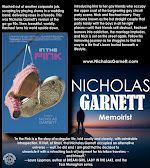









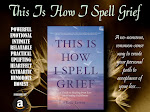
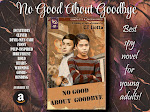



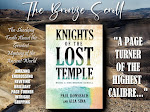





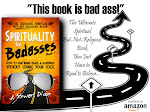

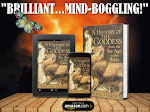


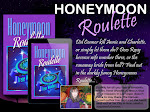
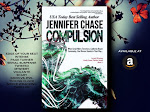

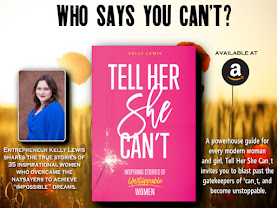











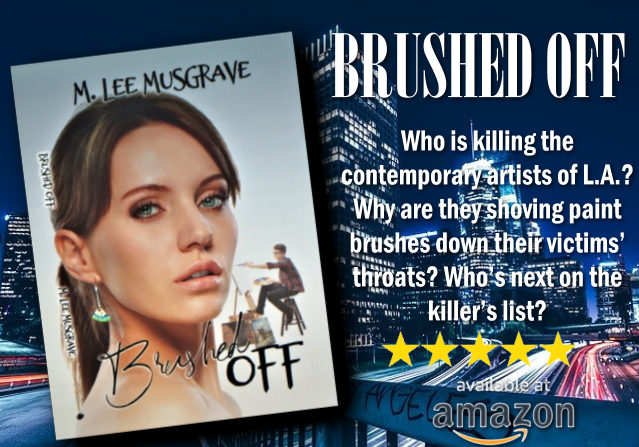



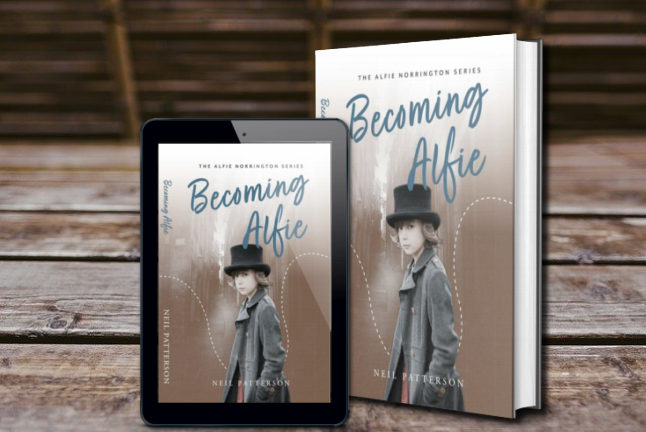
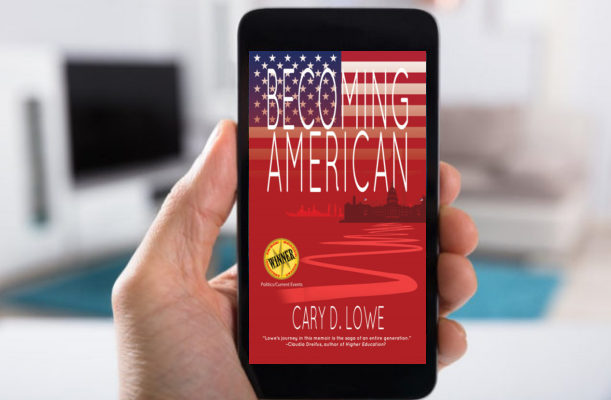



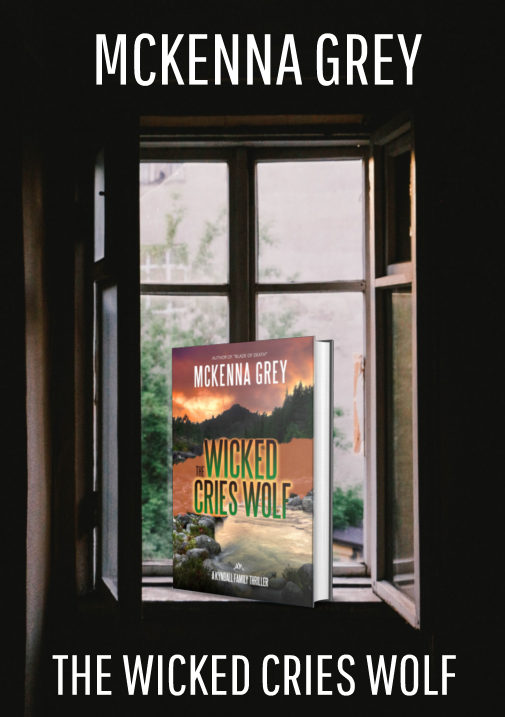


Leave a Comment